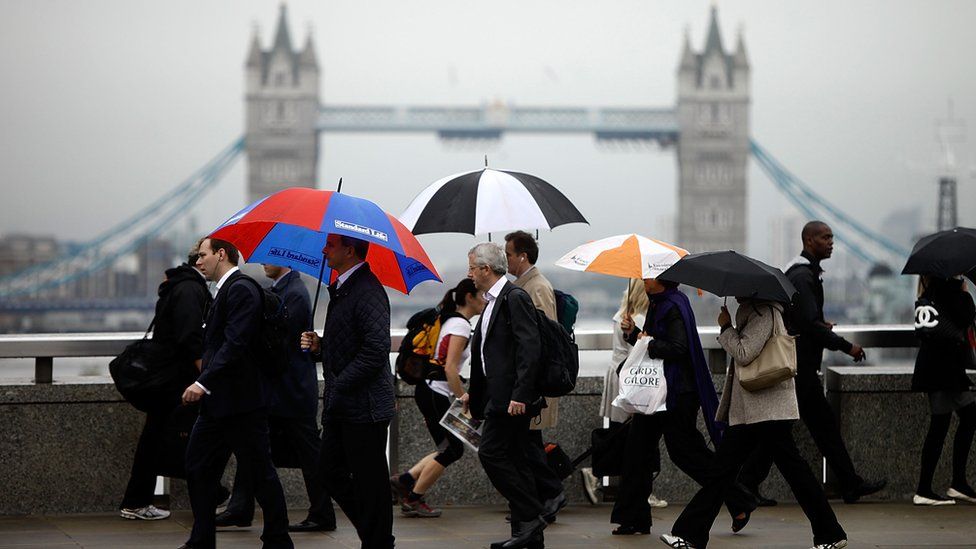The UK economy is facing the risk of its longest and deepest recession in history, as the Bank of England continues to raise interest rates to combat soaring inflation. The Bank’s monetary policy committee (MPC) voted by a narrow majority to increase its key interest rate by 0.5 percentage points to 6.25% on Thursday, the highest level since 1992. This was the 15th consecutive rate hike since the end of 2021, when the rate was only 0.1%.
The Bank said it had to act to bring down inflation, which hit 7.1% in November, the highest rate since 1991. It blamed the surge in inflation on a combination of factors, including rising energy and food prices, supply chain disruptions, labour shortages, and strong consumer demand. It warned that inflation could peak at 8% in the first quarter of 2024, before gradually falling back to the 2% target by the end of 2025.
However, the Bank also acknowledged that the economy was slowing down, as the higher cost of borrowing and living squeezed households and businesses. It revised down its growth forecast for 2023 from 4.5% to 3.8%, and for 2024 from 2.5% to 1.9%. It said the economy shrank by 0.1% in the third quarter of 2023, and expected a further contraction of 0.2% in the fourth quarter, putting the UK on the verge of a technical recession, defined as two consecutive quarters of negative growth.
The Bank’s governor, Andrew Bailey, said the decision to raise rates was “very finely balanced”, and that the MPC was “acutely aware” of the trade-off between inflation and growth. He said the Bank stood ready to adjust its policy stance as needed, depending on the evolution of the economy and inflation. He also urged the government to take complementary measures to support the economy, such as boosting public investment, improving productivity, and easing regulatory burdens.
The rate hike was met with criticism and concern by various groups, who warned of the negative impact on the economy and society. The British Chambers of Commerce (BCC) said the rate hike was “a mistake” that would “hurt businesses and consumers alike”. The Trades Union Congress (TUC) said the rate hike was “a hammer blow” to workers and families, who were already struggling with rising bills and stagnant wages. The Resolution Foundation, a think tank, said the rate hike would “push millions of households into financial difficulty”, as mortgage and debt repayments increased.
The rate hike also had a mixed effect on the financial markets. The pound sterling rose against the US dollar and the euro, as investors expected higher returns from UK assets. However, the FTSE 100 index of leading UK companies fell by 1.2%, as investors feared lower profits and dividends from UK firms. The yield on the 10-year UK government bond, which moves inversely to its price, rose by 0.1 percentage points to 2.1%, reflecting higher inflation expectations and borrowing costs.
The UK economy is now facing a challenging and uncertain outlook, as it tries to balance the twin threats of inflation and recession. The Bank of England has signalled that it may raise rates further, if inflation does not subside as expected. However, some analysts and commentators have questioned the effectiveness and necessity of the Bank’s policy, and suggested alternative or complementary measures, such as fiscal stimulus, wage growth, and structural reforms. The fate of the UK economy will depend on how the Bank, the government, and the public respond to the unprecedented situation.






